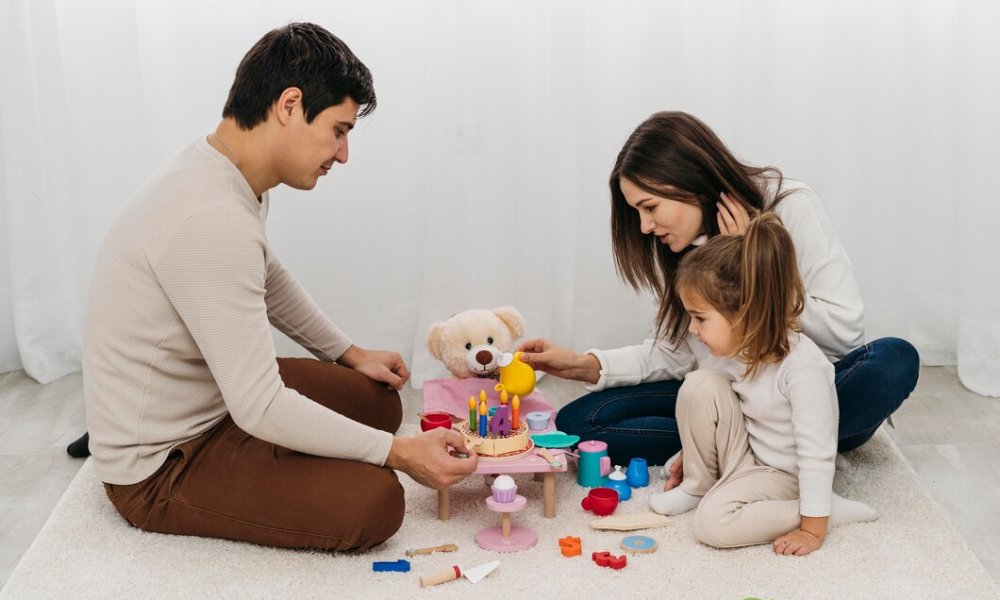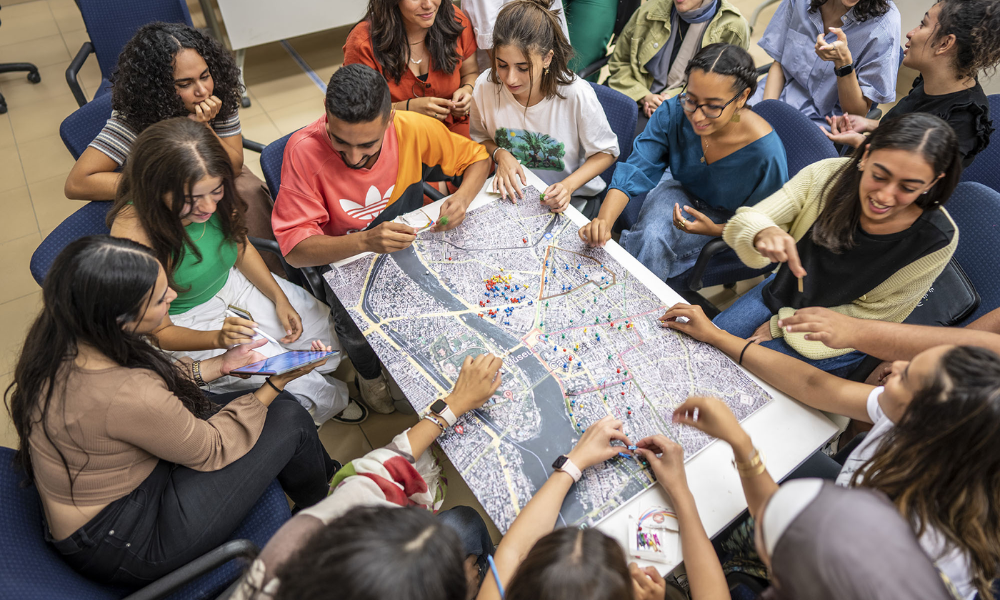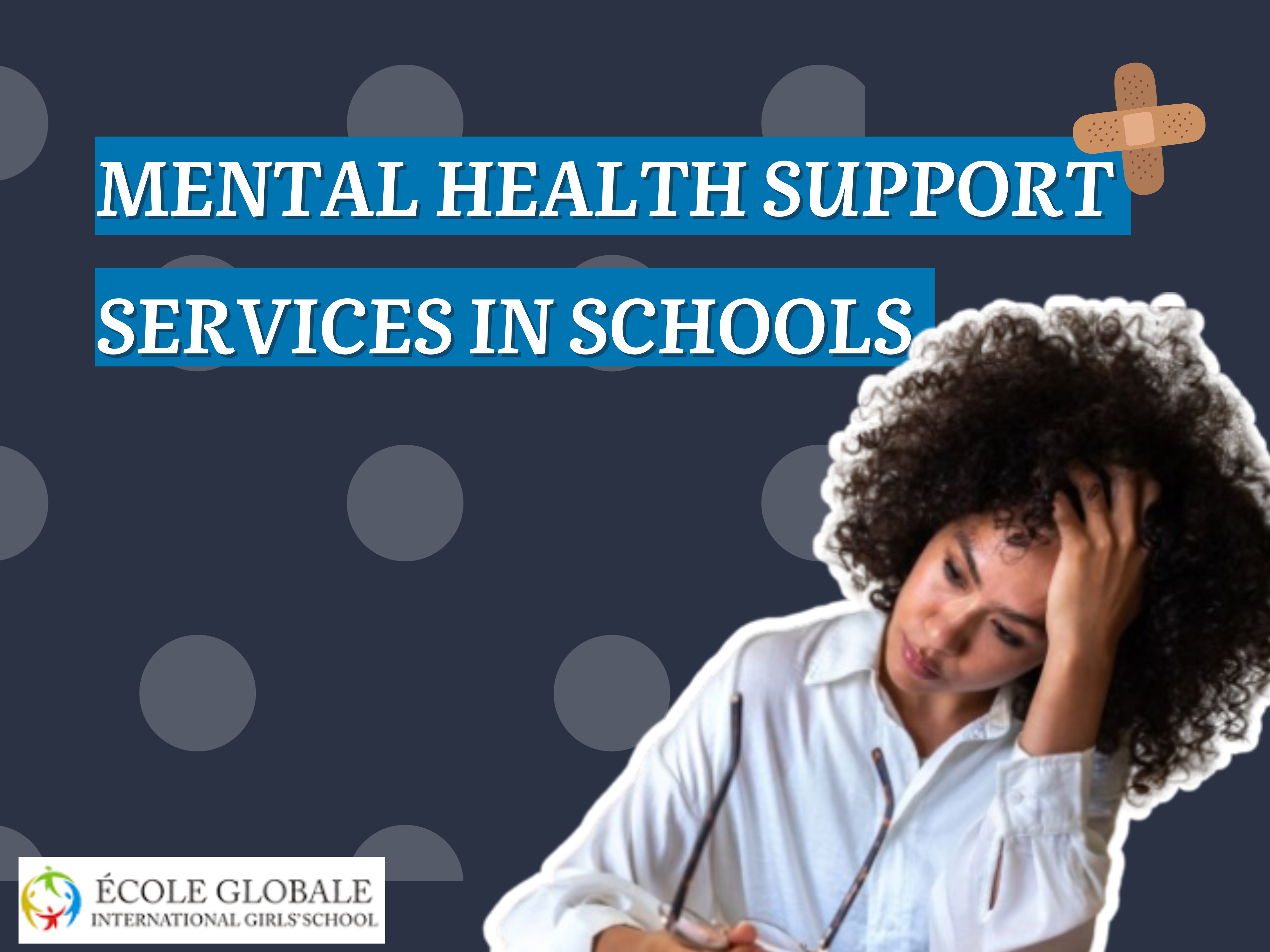Nestled in the picturesque foothills of the Himalayas, is renowned for its premier girls’ boarding schools in Dehradun.
These institutions not only excel in academic rigor but also prioritize the holistic development of their students. Central to this holistic approach is the promotion of mental health and well-being among students.
Understanding the Importance of Mental Health Support Services:

Boarding schools in Dehradun offer a unique educational experience, providing students with a supportive environment that fosters personal growth and independence.
However, the transition to boarding life can also pose challenges to students’ mental health. Away from their families, students may experience feelings of homesickness, loneliness, and academic pressure.
Recognizing these challenges, Dehradun’s premier girls’ schools have implemented comprehensive mental health support services to ensure the well-being of their students.
Counseling and Psychotherapy Services:

One of the cornerstones of mental health support services in girls’ boarding schools is counseling and psychotherapy services.
Trained counselors and therapists are available on campus to provide confidential support to students facing emotional, academic, or interpersonal difficulties.
These professionals offer individual counseling sessions where students can explore their thoughts and feelings in a safe and non-judgmental environment.
Additionally, group therapy sessions and workshops are organized to address common issues such as stress management, self-esteem, and peer relationships.
Peer Support Programs:

Peer support programs play a crucial role in promoting a sense of belonging and camaraderie among students.
Many girls’ schools in Dehradun have established peer mentoring initiatives where senior students are trained to support and guide their younger peers.
These mentorship programs not only foster meaningful connections but also empower students to seek help from their peers when facing challenges. By creating a culture of empathy and mutual support, peer support programs contribute to a positive and inclusive school environment.
Mindfulness and Stress Reduction Techniques:

In today’s fast-paced world, stress has become a pervasive issue among students, impacting their mental health and academic performance. Recognizing the importance of stress reduction,
Dehradun’s premier girls’ schools integrate mindfulness practices and stress management techniques into their curriculum.
Yoga and meditation sessions are offered regularly to help students cultivate mindfulness, manage stress, and enhance their overall well-being.
Additionally, workshops on time management, relaxation techniques, and healthy coping strategies are conducted to equip students with practical skills to navigate the challenges of school life.
Parental Involvement and Support:

Parents play a crucial role in supporting their children’s mental health support services, especially in the context of boarding schools where students are away from home for extended periods.
Dehradun’s premier girls’ schools recognize the importance of parental involvement and strive to establish strong partnerships with parents.
Regular communication channels, such as parent-teacher meetings, newsletters, and online portals, are utilized to keep parents informed about their child’s academic progress and well-being.
Workshops and seminars on parenting skills and adolescent development are also organized to empower parents with the knowledge and resources to support their children effectively.
Community Engagement and Outreach:

Dehradun’s premier girls’ schools not only offer vital mental health support services within the school community but also spearhead outreach programs aimed at promoting mental health awareness in the broader community.
Local mental health organizations collaborate on awareness campaigns and community events to reduce stigma, enhance access to resources, and promote mental health literacy, ultimately bolstering mental health support services within the community.
By extending their reach beyond the school gates, these institutions contribute to creating a more supportive and inclusive society where mental health is prioritized.
Challenges and Solutions:

While Dehradun’s premier girls’ boarding schools have made significant strides in promoting mental health support services, they also face challenges in ensuring effective implementation and sustainability of these support services.
Limited resources, stigma surrounding mental health, and the diverse needs of students are some of the challenges that schools may encounter. However, by adopting a proactive and collaborative approach, these challenges can be addressed effectively.
Resource Allocation:
Adequate funding and staffing are essential for the successful implementation of mental health support services.
Schools may need to allocate resources to train counselors and therapists, organize workshops and events, and maintain conducive spaces for counseling and relaxation.
Collaborations with local mental health organizations and community partners can also help schools leverage additional resources and expertise.
Stigma Reduction:
Despite growing awareness about mental health, stigma remains a barrier to accessing mental health support services.
Schools can play a pivotal role in reducing stigma by fostering open discussions about mental health, promoting empathy and understanding, and challenging stereotypes and misconceptions.
Peer-led initiatives, awareness campaigns, and guest speaker events can help destigmatize mental illness and encourage help-seeking behavior among students.
Tailored Support:
Every student is unique, with their own set of strengths, challenges, and support needs. Schools must adopt a flexible and inclusive approach to mental health support services, ensuring that services are tailored to meet the diverse needs of students.
This may involve offering a range of support options, such as individual counseling, group therapy, crisis intervention, and peer support, to accommodate different preferences and circumstances.
Parent-School Collaboration:
Effective communication and collaboration between parents and schools are essential for promoting students’ mental health support services and well-being.
Schools should actively involve parents in discussions about mental health support services, providing them with information, resources, and strategies to support their children’s emotional development.
Parent education workshops, family therapy sessions, and parent support groups can strengthen the partnership between home and school in promoting students’ mental health.
Continuous Evaluation and Improvement:
Mental health support services should be subject to ongoing evaluation and feedback to ensure their effectiveness and relevance.
Schools can collect data on students’ satisfaction, usage rates, and outcomes to identify areas for improvement and innovation.
Regular reviews and assessments can help schools adapt their strategies, interventions, and resources to better meet the evolving needs of students and the community.
Future Directions and Innovations:

As Dehradun’s premier girls’ boarding schools continue to evolve, it’s important to consider future directions and innovations in mental health support services.
By embracing emerging trends and technologies, schools can enhance their capacity to promote students’ well-being and resilience in an ever-changing world.
Digital Mental Health Platforms:
With the widespread use of technology, digital mental health platforms offer a convenient and accessible way to deliver support services to students.
Schools can explore the use of online counseling platforms, mobile apps, and virtual support groups to provide students with round-the-clock access to mental health resources and interventions.
These platforms can also facilitate self-guided interventions, psychoeducation, and peer support networks, empowering students to take an active role in managing their mental health.
Teletherapy and Remote Counseling:
In light of the COVID-19 pandemic and the rise of remote learning, teletherapy and remote counseling have emerged as viable alternatives to traditional face-to-face counseling.
Schools can leverage teletherapy platforms and video conferencing tools to deliver counseling services to students who are unable to access support in person.
Remote counseling can also overcome geographical barriers, allowing schools to reach students in rural or remote areas where mental health support services may be limited.
Integrative Wellness Programs:
Holistic approaches to wellness, incorporating elements of physical, emotional, and spiritual health, are gaining traction in the field of mental health.
Schools can integrate wellness programs into their curriculum, offering students opportunities to engage in activities such as mindfulness practices, art therapy, nature walks, and expressive arts.
By fostering a culture of wellness and self-care, these programs can promote resilience, stress reduction, and emotional regulation among students.
Peer-Led Initiatives:
Peer support programs have proven to be effective in promoting mental health and reducing stigma among students.
Schools can empower student leaders to initiate and facilitate peer-led initiatives, such as support groups, mental health awareness campaigns, and advocacy projects.
By harnessing the power of peer influence and social networks, these initiatives can create a supportive and inclusive school culture where students feel valued, connected, and empowered to seek help when needed.
Trauma-Informed Practices:
Recognizing the impact of adverse childhood experiences (ACEs) and trauma on students’ mental health, schools can adopt trauma-informed practices to create safe and supportive environments for healing and growth.
Training staff in trauma-informed care, implementing trauma-sensitive policies and procedures, and providing trauma-focused interventions can help schools better understand and respond to the needs of students who have experienced trauma.
By creating trauma-informed schools, we can foster resilience, recovery, and hope among students who have faced adversity.
Conclusion:
In conclusion, the future of mental health support in Dehradun’s premier girls’ boarding schools is ripe with possibilities for innovation and growth.
By embracing digital technologies, teletherapy, integrative wellness programs, peer-led initiatives, and trauma-informed practices, these schools can enhance their capacity to promote students’ mental health and well-being in a rapidly changing world.
As we look to the future, let us continue to prioritize the mental health and resilience of our youth, ensuring that every student has the support, resources, and opportunities they need to thrive and succeed, both now and in the years to come.








